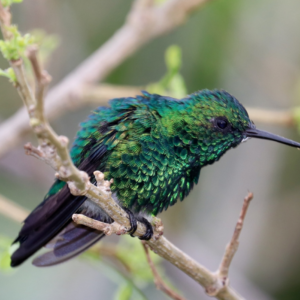In a remarkable feat of angling expertise, an astonishing discovery was made in the United States that has sent shockwaves through the world of fisheries. A colossal Lake Sturgeon, believed to be both the largest and oldest freshwater fish ever caught, was recently reeled in.

This momentous catch took place on the pristine waters of Lake Michigan, where a group of dedicated anglers embarked on a fishing trip with the hope of catching something extraordinary. Their perseverance paid off when they managed to hook a gigantic Lake Sturgeon that has since rewritten the record books.
Estimated to be a stunning 150 years old, this ancient aquatic giant weighed an astounding 240 pounds and measured over seven feet in length. Such a specimen is a testament to the importance of conservation efforts to protect these remarkable creatures that have been dwelling in North American waters for centuries.
Lake Sturgeons, the largest freshwater fish species in North America, have long been revered for their size, endurance, and cultural significance. They are native to the Great Lakes region and have played a crucial role in the history and heritage of the indigenous peoples of North America.

This recent discovery is not just a momentous catch but also an opportunity for scientists to learn more about the longevity and life history of these magnificent creatures. The sturgeon’s age was determined through various scientific methods, including carbon dating, examination of growth rings on scales, and other biological markers. It’s a rare chance to study a fish that has witnessed the changes in its environment over the course of a century and a half.
Lake Sturgeons have faced numerous threats over the years, including overfishing, habitat destruction, and pollution. Efforts to protect and conserve this remarkable species have been ongoing, and such a record-breaking discovery highlights the importance of these conservation initiatives.

The angler who made this historic catch, along with the scientific community, has expressed their commitment to ensuring the continued protection and preservation of Lake Sturgeons. It serves as a stark reminder that the health of our freshwater ecosystems is closely intertwined with the survival of these ancient giants.

As the world marvels at this record-breaking discovery, it also serves as an inspiration for all to appreciate the extraordinary diversity of life in our planet’s waters and to continue working towards the conservation of our natural world. With dedicated efforts, we can hope that future generations will have the privilege of encountering such remarkable creatures in the wild and appreciating the history they carry with them.






